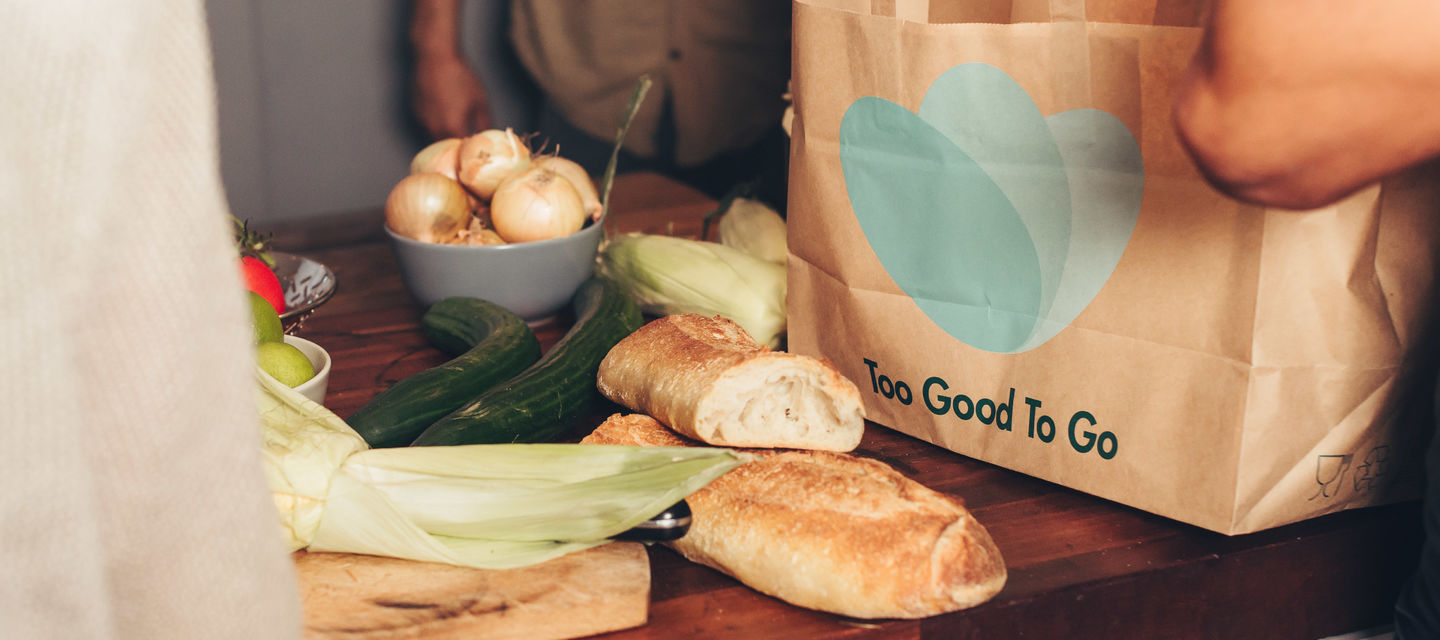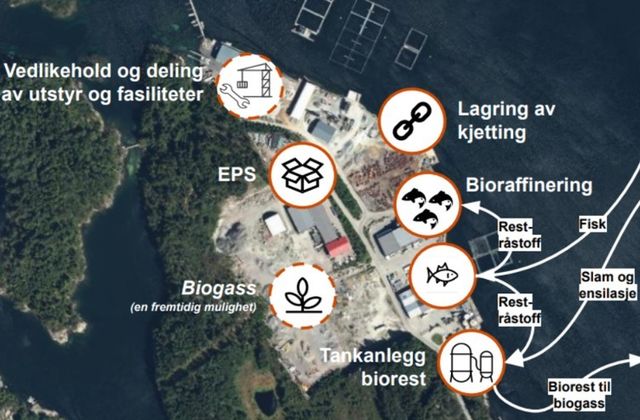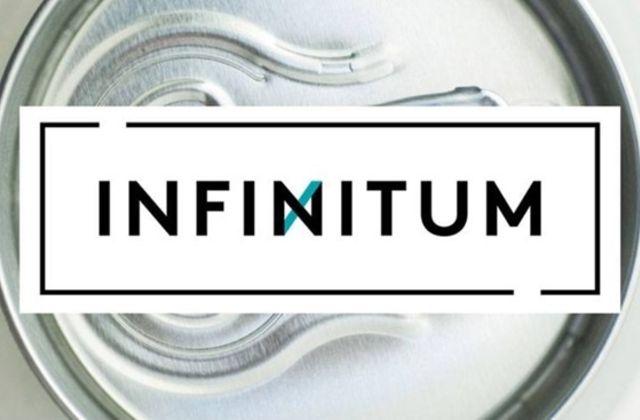Food & beverage, Digital Platforms
What is it? Too Good To Go is an online app that allows users to browse unsold food items in surrounding shops and restaurants. The unsold food items come in their so-called ‘magic bags’ with around 1kg of food on average. The users can purchase them at a highly discounted price, avoiding food waste (Too Good To Go, 2021).
Why is this important? At present, food and green waste makes up 44% of the total global waste stream (World Bank, 2018). WWF found that about 40% of food produced worldwide for human consumption gets lost or wasted, which equates to approximately 2.5 billion tonnes of food (WWF, 2021). Addressing food waste issues has become a high priority for the EU since 2012 (European Parliament, 2012). Food waste prevention is a crucial part of the EU’s Action Plan for the Circular Economy, which seeks to explore every opportunity to strengthen the sustainability of the food system (European Parliament, 2015).
Main resource strategy: Closing the loop by preventing surplus food from being wasted.
Business model aspects:
- Value Proposition: For consumers, the app gives them access to surplus food at affordable prices and allows them to discover local restaurants and potentially new food products. For businesses, they can make money out of food that would be otherwise wasted (Zero Waste Europe, 2020).
- Value Creation & Delivery: On the Too Good To Go app, consumers have access to a range of meals and groceries nearby. They can either view what’s close by or search with specific filters such as collection time, location or type of food, for instance, vegan or vegetarian. Once a selection is made, consumers receive a receipt that needs to be presented to the shop in order to receive the food bag. Typically, consumers will have access to a 3 to 5 euro “magic bag” with approximately 1kg of food with an original value of 10 to 15 euro (Zero waste Europe 2020).
- Value Capture: The platform is free for consumers. Revenue streams are from business partners. They pay a yearly subscription to the platform or a small commission fee for each meal sold (Zero Waste Europe. 2019).
Strategies for degrowth/ sufficiency (based on sufficiency strategies from Niessen & Bocken, 2021):
Awareness raising: Too Good To Go is dedicated to promoting food waste prevention across multiple platforms. It regularly provides practical advice related to food waste prevention on its social media accounts. For example, it launched the food waste fighting campaign “Share, Freeze, Remix” to advise what to do with holiday leftovers (Too Good To Go, 2020). It also launched an educational campaign with companies such as Activia and Onken to demystify “best before” date labels on food to avoid food waste occurring due to date labels (Too Good To Go, 2020).
Green alternative: The Too Good To Go platform supports the sustainable consumption of food, actively influencing the food consumption behaviours of households and dominant food practices of the industry (Too Good To Go, 2020). Users can pick up surplus food in the local area.
Business model experimentation practices:
Too Good To Go "saved" its first meal from disposal in Copenhagen in March 2016. The initial idea of the founders was to focus on food that became waste at the end of buffets. However, they quickly expanded this original concept to all kinds of foodservice providers such as restaurants and cafes, bakeries and hotels (Zero Waste Europe, 2020).
Sustainability outcomes:
According to its Impact report, 1 ‘magic bag’ can save 2.5kg of CO2-equivalent in emissions (Too Good To Go, 2020). By 2020, Too Good To Go has saved approximately 72,000 tonnes of greenhouse gas emissions (Zero Waste Europe, 2020).
Sources:
European Parliament (2012). Avoiding food wastage European Parliament resolution of 19 January 2012 on how to avoid food wastage: strategies for a more efficient food chain in the EU. Accessed 19 November 2021 at: https://op.europa.eu/en/publication-detail/-/publication/b2a48b16-fe76-11e2-a352-01aa75ed71a1/language-en
European Parliament (2015). COMMUNICATION FROM THE COMMISSION TO THE EUROPEAN PARLIAMENT, THE COUNCIL, THE EUROPEAN ECONOMIC AND SOCIAL COMMITTEE AND THE COMMITTEE OF THE REGIONS Closing the loop - An EU action plan for the Circular Economy. Accessed 19 November 2021 at: https://eur-lex.europa.eu/legal-content/EN/TXT/?qid=1453384154337&uri=CELEX:52015DC0614
Too Good To Go (2020). Too Good To Go Impact Report. Accessed 19 November 2021 at: https://toogoodtogo.org/impact-report-2020.pdf
Too Good To Go (2021). Home. Accessed 19 November 2021 at: https://toogoodtogo.org/en
World Bank (2018). What a waste 2.0: a global snapshot of solid waste management to 2050. Accessed 19 November 2021 at: https://openknowledge.worldbank.org/handle/10986/30317
WWF (2021). Driven to waste: The Global Impact of Food Loss and Waste on Farms. Accessed 19 November 2021 at: https://wwf.panda.org/discover/our_focus/food_practice/food_loss_and_waste/driven_to_waste_global_food_loss_on_farms/
Zero Waste Europe (2020). The Story of Too Good To Go. Accessed 19 November 2021 at: https://zerowasteeurope.eu/wp-content/uploads/2020/01/zero_waste_europe_CS7_CP_TooGoodToGo_en.pdf
***
About project Circular X
Project Circular X is about ‘Experimentation with Circular Service Business Models’. It is an ambitious research project funded by the European Research Council (ERC) which supports top researchers from anywhere in the world. Project CIRCULAR X runs from 2020-2025. The project is led by Principal Investigator (PI) Prof Dr Nancy Bocken, who is joined by a multidisciplinary team of researchers at Maastricht Sustainability Institute (MSI), Maastricht School of Business and Economics, Maastricht University. The project cooperates with businesses who want to innovate towards the circular economy.
Project Circular X addresses a new and urgent issue: experimentation with circular service business models (CSBMs). Examples of such new business models include companies shifting from selling products to selling services and introducing lifelong warrantees to extend product lifetimes. However, CSBMs are far from mainstream and research focused on experimentation is little understood. The research aims to conduct interdisciplinary research with 4 objectives:
- Advancing understanding of CSBMs; their emergence and impacts
- Advancing knowledge on CSBM experimentation
- Developing CSBM experimentation tools
- Designing and deploying CSBM experimentation labs
Funding source
This project has received funding from the European Research Council (ERC) under the European Union’s Horizon 2020 research and innovation programme, grant agreement No. 850159.
Using of this information
When you refer to this case, please use the following source:
Circular X. (2021) Case Study: Too Good To Go - food waste prevention app. Accessed from www.circularx.eu



